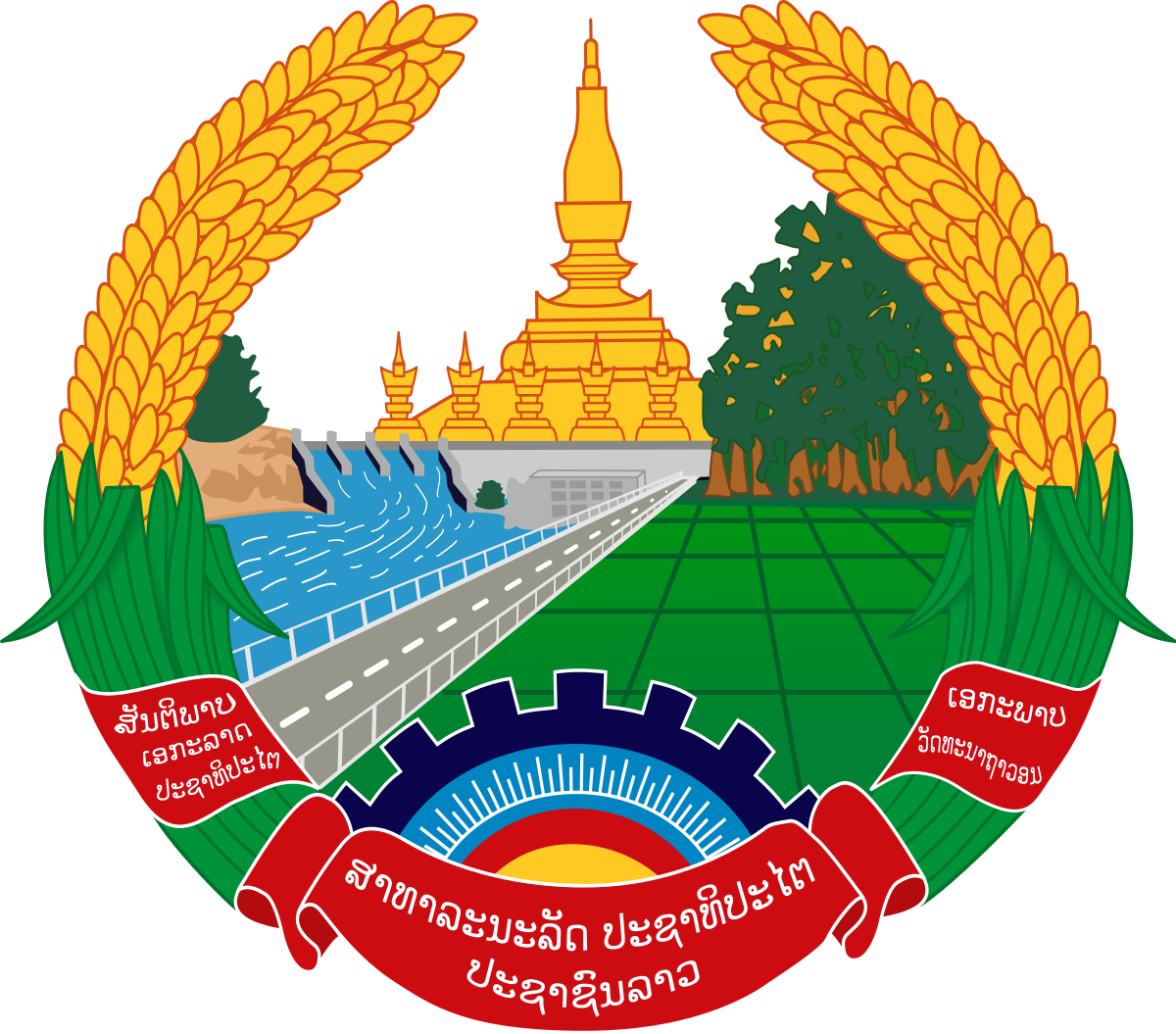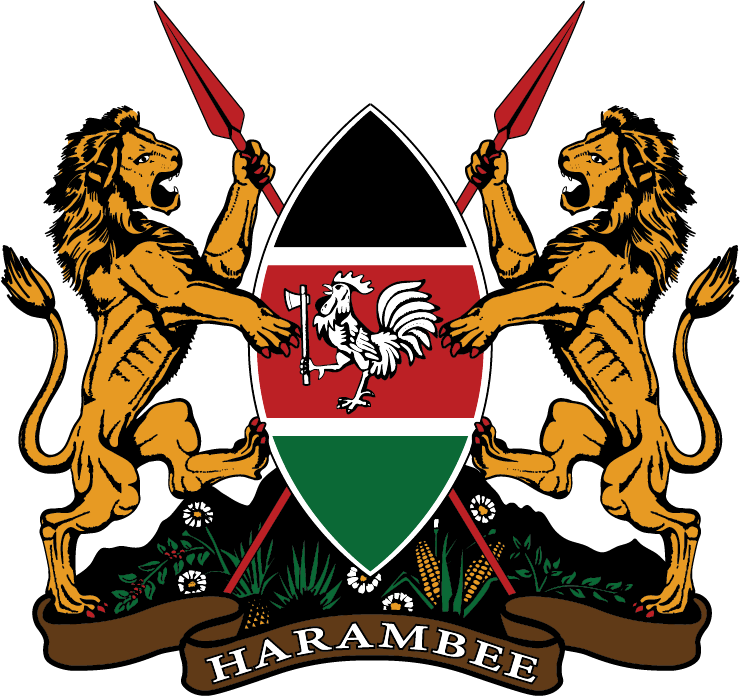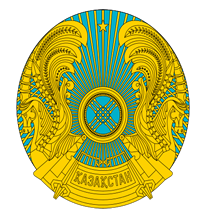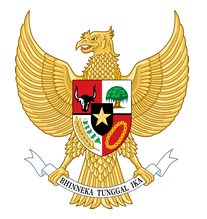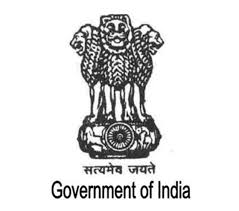Contributions
Displaying 61 - 70 of 96Government of Kenya
This is the overarching term for any Kenyan governmental agency, organ, or branch.
Government of the Republic of Kazakhstan
Ethnic Kazakhs, a mix of Turkic and Mongol nomadic tribes who migrated to the region by the 13th century, were rarely united as a single nation. The area was conquered by Russia in the 18th century, and Kazakhstan became a Soviet Republic in 1936. Soviet policies reduced the number of ethnic Kazakhs in the 1930s and enabled non-ethnic Kazakhs to outnumber natives. During the 1950s and 1960s agricultural "Virgin Lands" program, Soviet citizens were encouraged to help cultivate Kazakhstan's northern pastures.
Government of Indonesia
The Dutch began to colonize Indonesia in the early 17th century; Japan occupied the islands from 1942 to 1945. Indonesia declared its independence shortly before Japan's surrender, but it required four years of sometimes brutal fighting, intermittent negotiations, and UN mediation before the Netherlands agreed to transfer sovereignty in 1949.
Right to Fair Compensation and Transparency in Land Acquisition, Rehabilitation and Resettlement (Social Impact Assessment and Consent) Rules
Notification in statute:
The Right To Fair Compensation And Transparency in Land Acquisition, Rehabilitation and Resettlement (Amendment) Ordinance
This legislation concerns expropriation and aims to bring transparency to the process.
Government of India
The Indus Valley civilization, one of the world's oldest, flourished during the 3rd and 2nd millennia B.C. and extended into northwestern India. Aryan tribes from the northwest infiltrated the Indian subcontinent about 1500 B.C.; their merger with the earlier Dravidian inhabitants created the classical Indian culture. The Maurya Empire of the 4th and 3rd centuries B.C. - which reached its zenith under ASHOKA - united much of South Asia. The Golden Age ushered in by the Gupta dynasty (4th to 6th centuries A.D.) saw a flowering of Indian science, art, and culture.
The Basic Law of the Hong Kong Special Administrative Region of the People's Republic of China
Decree of Yang Shangkun, President of the People's Republic of China: 4 April, 1990:
Civil Code of Ethiopia
Preface: "The Civil Code has been promulgated by Us at a time when the progress achieved by Ethiopia requires the modemisation of the legal framework 01 Our Empire's social structure so as to keep pace with the c1umpn, circumstances of ehis world of today. In order to consolidate the progreu already achieved and to facilitate yet further growth and development, precise and detailed rules must be laid down regarding those problems which do not only jace the individual citizen bue ehe nation. as a whole.


